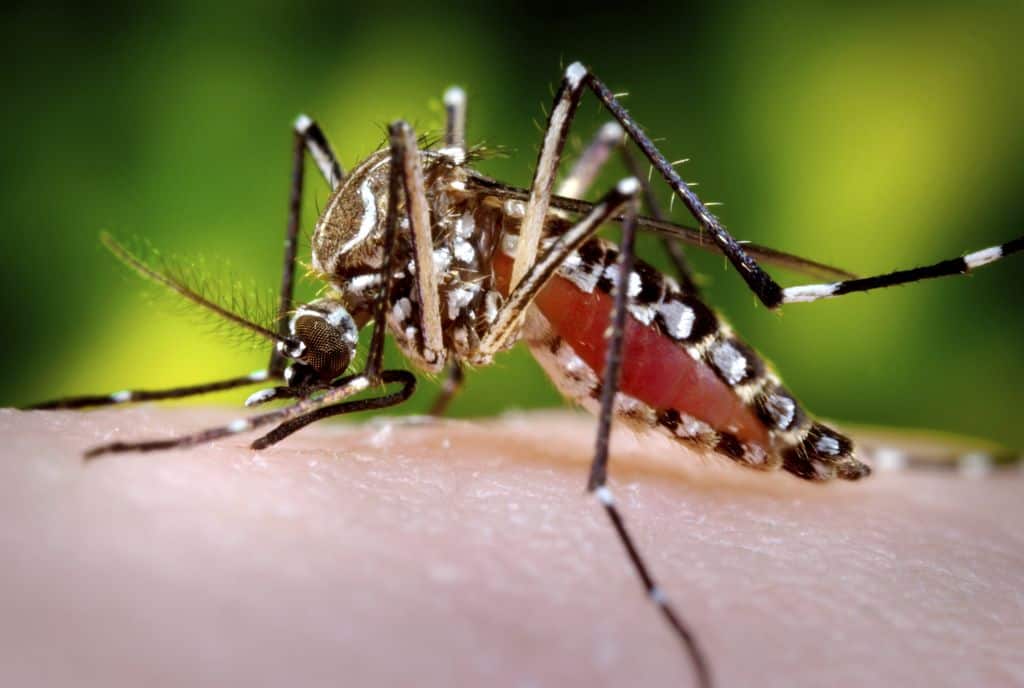Each year an estimated 390 million people worldwide are infected with dengue fever. The potentially fatal, mosquito-borne illness is known for its mind-dulling affects and debilitating joint pain, and until recently there was no way to prevent infection aside from avoiding being bit. For the tropical countries besieged by the disease, the approval of the world’s first dengue vaccine may supply some relief.
In December, the vaccine Dengvaxia was approved for use in Mexico, Brazil and the Philippines, following successful clinical trials started in 2011. The vaccine, made by French pharmaceutical company Sanofi, is the first of several in development and is designed to help prevent all four strains of the dengue virus. Sanofi has not yet said when the vaccines will be made available or their cost.
Though Dengvaxia is now the only proven form of medical prevention for dengue, it is still only partially effective. In clinical trials, the vaccine reduced the chance of contracting dengue by 60 percent. It was more effective — 88.5 percent — in preventing the more severe and lethal form of dengue, known as hemorrhagic fever. The vaccine is also only approved for people between 9 and 45 years old, making young children and the elderly — the two groups most likely to die from the virus — ineligible for inoculation.
Despite the vaccine’s pitfalls, the need for dengue prevention is growing worldwide. Between 2008 and 2013 the number of reported dengue cases more than doubled, according to the World Health Organization, and the disease is spreading beyond its usual tropical environment. In the last several years, dengue was detected in several European countries as well as in the U.S. states of Florida and Hawaii.
While dengue has long been present in Costa Rica, there have been significant outbreaks in recent years. In 2013, a dengue epidemic produced more cases than ever in Costa Rica, infecting nearly 50,000 people. Last year, the Pacific coastal provinces of Guanacaste and Puntarenas saw increases in both the numbers and spread of the disease compared to 2014, leading health professionals to fear another outbreak could occur in 2016. Despite the dengue risks in Costa Rica, the Health Ministry confirmed that they are not considering the vaccine for approval because it does not meet their technical requirements.






